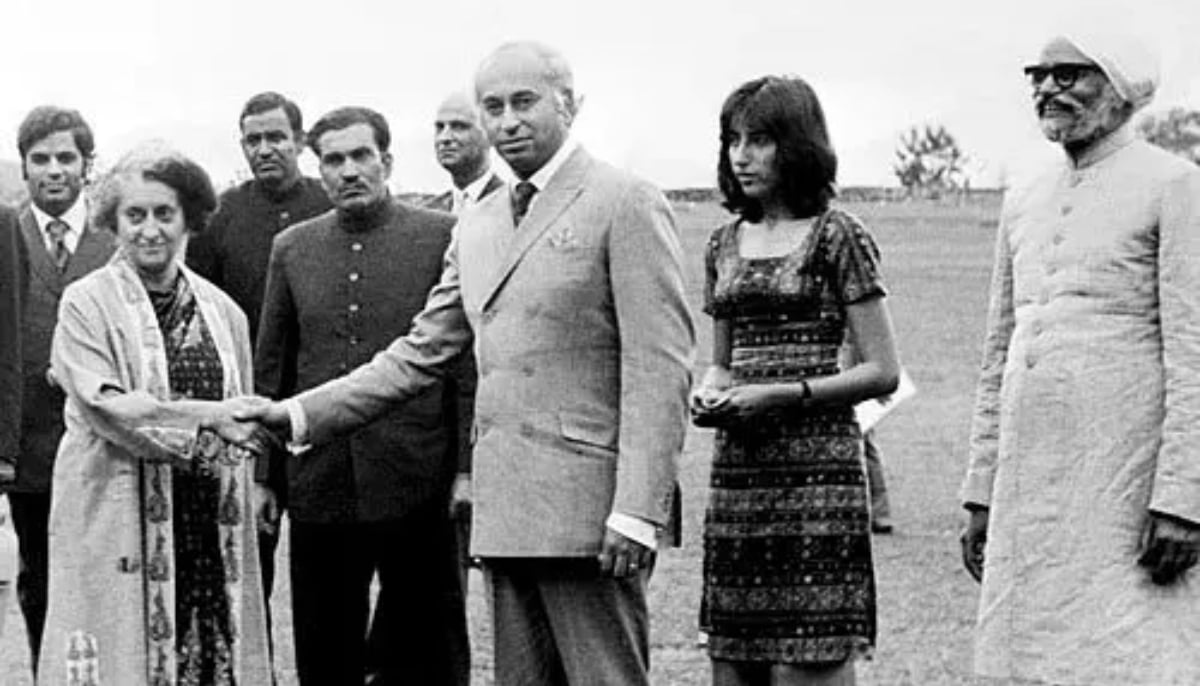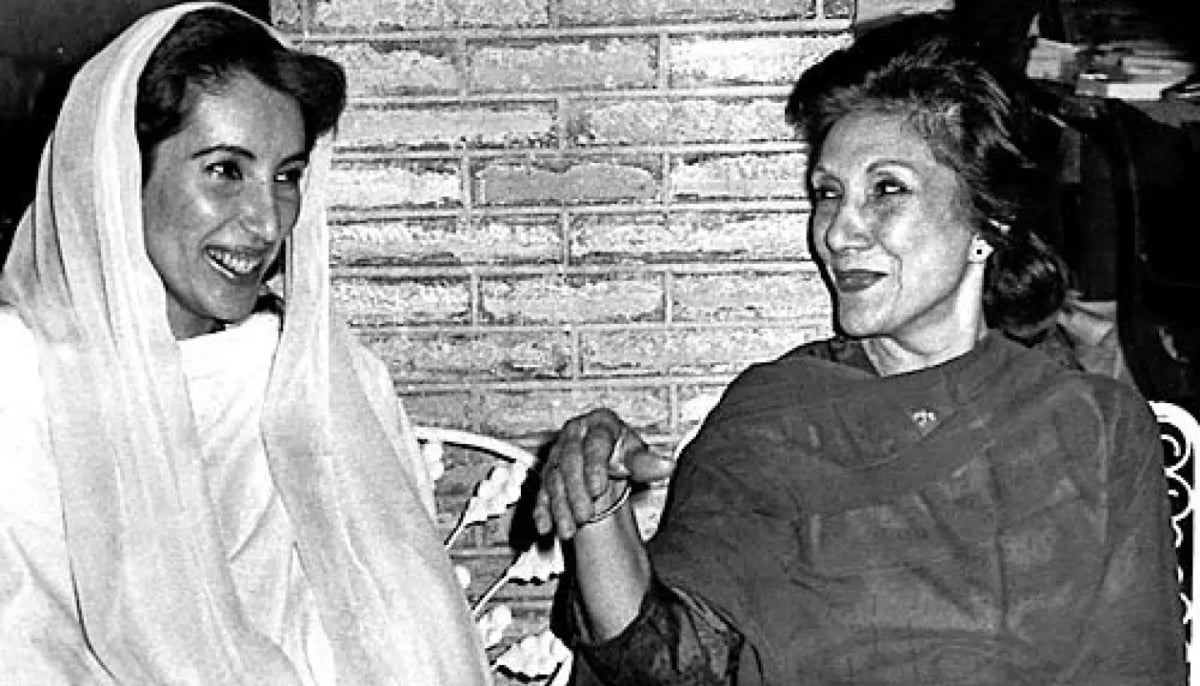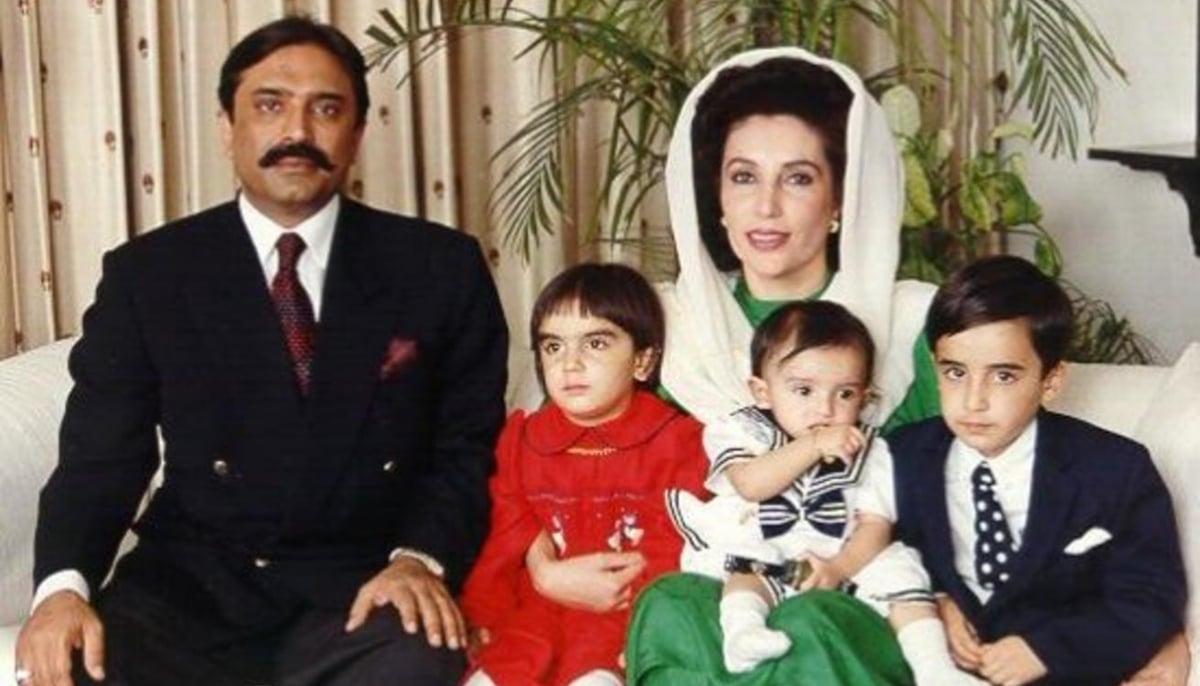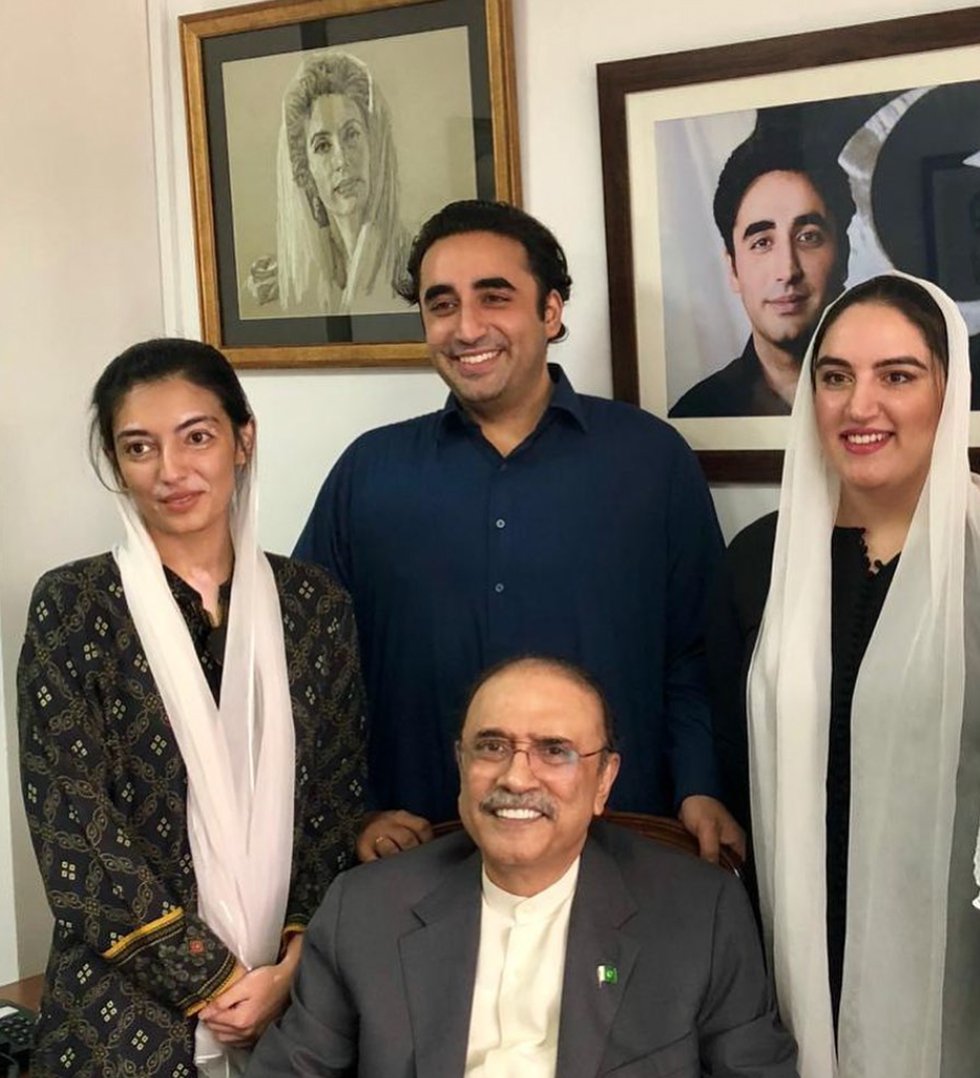There are moments in history when a single individual embodies the dreams, hopes, and struggles of an entire nation. For Pakistan, that individual was Shaheed Mohtarma Benazir Bhutto. She was not just a political leader but a mother, a daughter, and a symbol of unyielding strength. Her journey was one of unimaginable sacrifice, courage, and resilience — a journey that ended in martyrdom but left behind a legacy that continues to inspire generations.
Benazir’s story is not just about her role as the first female prime minister of a Muslim-majority country. It is also about her extraordinary ability to balance the harsh demands of political leadership with the tenderness and devotion of motherhood. It is the story of a woman who loved deeply, fought fiercely, and gave her life to uphold the values of democracy and justice.
She was born into a family that carried the weight of Pakistan’s destiny. Her father, Shaheed Zulfikar Ali Bhutto, was a charismatic leader who laid the foundation for democracy in Pakistan. From a young age, Benazir was exposed to the complex world of politics, diplomacy, and governance.

Her father believed in her potential, encouraging her to pursue education at the world’s most prestigious institutions, including Harvard and Oxford. But no education could prepare her for the personal and political tragedies that would define her life.
When Zulfikar Ali Bhutto was overthrown, imprisoned, and executed by a military dictator, Benazir’s life changed forever. At just 25, she was thrust into a world of political resistance, forced to confront the full force of oppression and tyranny. Yet, even in the face of immense loss and suffering, she chose to fight.
Benazir Bhutto’s struggle for democracy was deeply personal. She had seen her father die for his beliefs, and she was determined to carry forward his vision for Pakistan. But this journey was anything but easy. She endured years of imprisonment, solitary confinement, and exile.
During these dark times, she relied on her inner strength and the love of her family to keep going. She would later recall the long nights in prison, where she drew inspiration from the memories of her father and the resilience of her mother, Begum Nusrat Bhutto, who stood by her side through every hardship.

Her eventual return to Pakistan in 1986 was nothing short of a triumph. The streets were flooded with millions of supporters who saw in her the hope of a better future. She became the face of resistance against dictatorship and the voice of the people who had been silenced for too long.
Her rise to power was historic. In 1988, she became the first woman to lead a Muslim-majority country. But while the world celebrated her as a trailblazer, few truly understood the immense pressure she faced — not just as a leader but as a woman and a mother.
Shortly after taking office, Benazir Bhutto gave birth to her first child, Bilawal Bhutto Zardari, making her the first sitting head of government to become a mother. This moment was emblematic of who she was — a woman who defied expectations and broke barriers at every step.

Mohtarma Benazir’s dual roles as a leader and a mother were intertwined. She often spoke about how her children inspired her to fight for a Pakistan where every child could have access to education, healthcare, and opportunities. Her policies reflected her maternal instincts — programmes aimed at reducing infant mortality, improving maternal health and expanding educational access were hallmarks of her leadership.
But the demands of politics often kept her away from her children. As she travelled across the country, rallying support and facing threats to her life, she carried the weight of not only a nation’s expectations but also a mother’s longing to be with her children. It was a sacrifice she made willingly because she believed her struggle was not just for her own family, but for all the families of Pakistan.
Benazir Bhutto’s leadership was defined by her ability to endure. She faced relentless opposition from political rivals, survived multiple assassination attempts, and endured the pain of losing her brothers in tragic circumstances.
Even as her government was dismissed twice, she refused to give up. She knew that the path to democracy would be long and fraught with challenges, but she was committed to her vision of a Pakistan that was free, democratic, and inclusive.

Her strength came from her deep connection to the people. She often said, “My greatest source of strength and inspiration has been my people.” This bond with the masses was evident in the way she connected with them, not as a politician but as a leader who genuinely cared about their struggles and aspirations.
On December 27, 2007, Benazir Bhutto made the ultimate sacrifice. She was assassinated during an election rally in Rawalpindi, a tragic end to a life dedicated to serving her people. Her death was a devastating blow to Pakistan, plunging the nation into grief and uncertainty.
But even in her martyrdom, her legacy endured. Benazir Bhutto became a symbol of the unbreakable spirit of democracy, a reminder that the fight for justice often comes at a great cost.
Her children have carried forward her mission, ensuring that her vision for Pakistan lives on. They embody her values, her resilience, and her unwavering commitment to the people.

Benazir Bhutto’s life was a testament to the strength of a woman who balanced the responsibilities of leadership with the love of a mother. She once said, “As a woman, I have struggled to prove myself equal to men in leadership. As a mother, I have struggled to balance the demands of my family with those of my country.”
Her struggle is a reminder of the sacrifices women make every day, often carrying burdens that go unseen and unacknowledged. Yet, like Benazir, they endure, driven by love and an unshakable sense of purpose.
Today, Benazir is remembered not just as a political leader but as an inspiration for millions. Her life teaches us that leadership is not about power but about service. It is about standing up for what is right, even when the odds are against you.
For Pakistan, she remains a symbol of hope — a reminder that even in the darkest times, courage can prevail. For women around the world, she is proof that barriers can be broken, and glass ceilings can be shattered.
Shaheed Mohtarma Benazir was more than a leader — she was the heart of a nation, the voice of the oppressed, and the strength of the weak. She was a mother who loved fiercely, a daughter who honoured her father’s legacy, and a leader who gave her life for her people.
Her light continues to guide us, reminding us that the fight for justice, equality, and democracy is never over. As we carry forward her legacy, let us remember her words: “Democracy is the best revenge.”
Benazir Bhutto may no longer walk among us, but her spirit lives on in the hearts of millions. She is not just a memory; she is an enduring force, a timeless legend, and an eternal flame of hope for Pakistan and the world.
Shazia Atta Marri is a Pakistan Peoples Party (PPP) MNA and former minister of poverty alleviation and social safety. She also served as chairperson of the Benazir Income Support Programme. She posts on X @shaziaattamarri
Header and thumbnail illustration by Geo.tv

